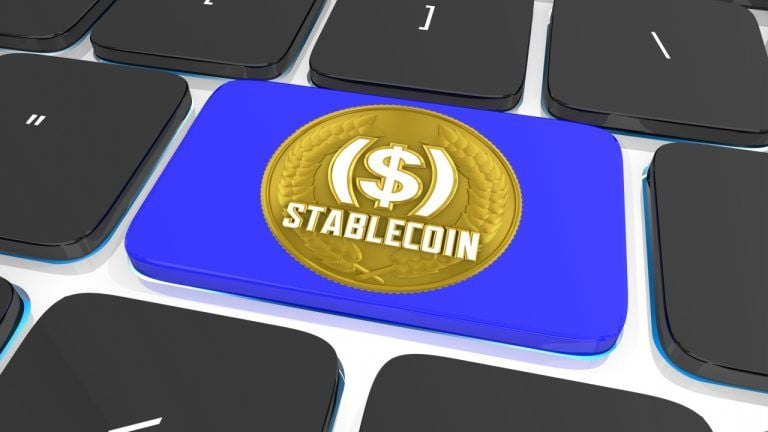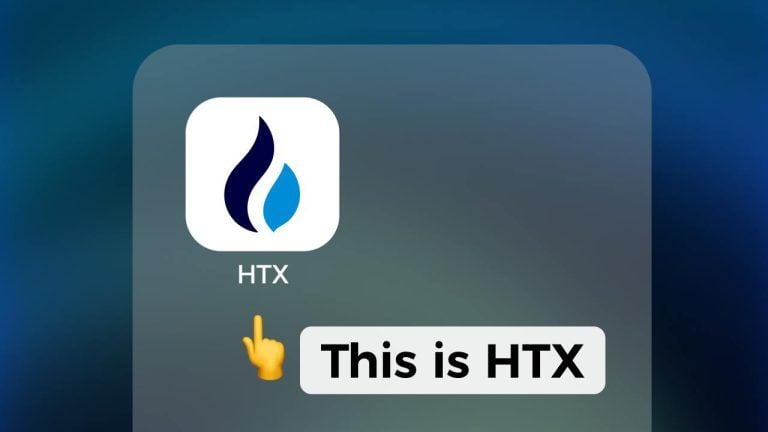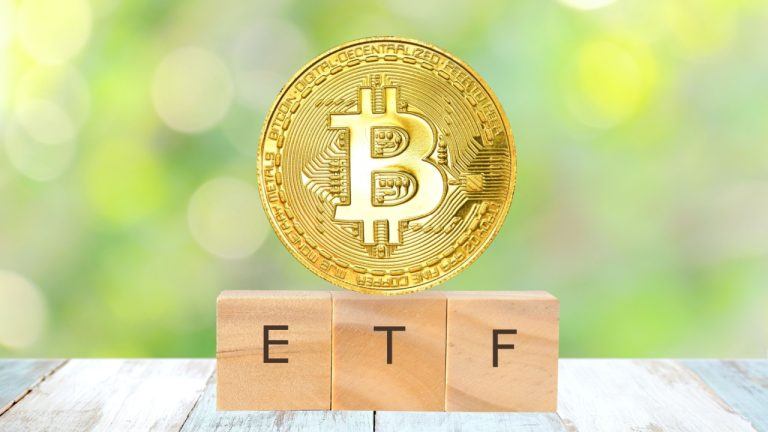<p>Blockchain
technology has the potential to transform many industries, including the energy
sector. With growing concerns about climate change, many governments,
businesses, and individuals have prioritized the use of clean energy. </p><p>By increasing
the efficiency and transparency of the clean energy market, blockchain
technology can provide a path to sustainability. In this article, we will look
at how blockchain technology can help drive clean energy adoption and
contribute to a more sustainable future. </p><p>Blockchain
Explained</p><p>Blockchain is a
decentralized digital ledger that is maintained by a network of computers and
records transactions. Each block in the chain contains a set of transactions
and is linked to the previous block to form a chain. </p><p>Blockchain's
decentralized nature makes it secure and transparent, as no single entity
controls the system. </p><p>What
Role Can Blockchain Play in the Clean Energy Industry?</p><p>Many challenges
face the clean energy industry, including the high cost of renewable energy
production, a lack of infrastructure to support renewable energy distribution,
and the difficulty of tracking renewable energy production and distribution. </p><p>Blockchain
technology can help address these issues and accelerate the adoption of clean
energy by: </p><ul><li>Improving
Energy Trading: Blockchain has the potential to enable peer-to-peer energy
trading, allowing individuals and businesses to buy and sell clean energy
directly to one another. This has the potential to create a more efficient and
decentralized energy market, reducing the need for intermediaries and lowering
energy costs. </li><li>Improving
Energy Efficiency: Blockchain allows for real-time tracking of energy usage and
production, allowing for more efficient management of energy resources. This
can lead to reduced energy waste and more efficient energy production, lowering
costs and reducing carbon emissions. </li><li>Transparent
Energy Data: Blockchain can provide transparent and reliable data on energy
production and consumption, allowing individuals and businesses to make
informed energy decisions. This can lead to a more transparent and trustworthy
energy market, increasing clean energy adoption. </li><li>Renewable
Energy Certificates: Renewable Energy Certificates (RECs) are used to track
clean energy production and distribution. Blockchain technology has the
potential to provide a secure and transparent platform for tracking RECs,
ensuring that clean energy is accurately accounted for, and increasing investor
confidence in the clean energy market. </li><li>Smart
contracts are self-executing contracts that can be programmed to execute
automatically when certain conditions are met. In the clean energy market,
blockchain can enable the use of smart contracts, allowing for more efficient
and automated transactions. </li></ul><p>What
Are the Advantages of Using Blockchain to Produce Clean Energy?</p><p>The following
are some of the advantages of using blockchain for clean energy: </p><ul><li>Increased
Efficiency: Blockchain technology can enable more efficient energy trading and
management, reducing energy waste and costs. </li><li>Greater
Transparency: Blockchain can provide transparent and reliable data on energy
production and consumption, making the energy market more trustworthy and
transparent. </li><li>Increased
Security: Because blockchain is a secure and tamper-proof platform, it reduces
the risk of fraud while also ensuring the accuracy of energy data. </li><li>Increased
Adoption of Clean Energy: The use of blockchain can reduce the cost of clean
energy while also creating a more efficient and decentralized energy market,
thereby increasing clean energy adoption. </li><li>Increased
Sustainability: Using clean energy can help to create a more sustainable future
by lowering carbon emissions and addressing the global challenge of climate
change. </li></ul><p>What
Are the Difficulties of Using Blockchain in Clean Energy?</p><p>The following
are some of the challenges of using blockchain for clean energy: </p><ul><li>Scalability:
Blockchain technology is still in its early stages, and the technology may not
yet be able to support the large-scale adoption of clean energy. </li><li>Cost:
Implementing blockchain technology can be costly, and for some energy
companies, the costs may outweigh the benefits. </li><li>Regulation:
The regulatory framework for blockchain use in the energy sector is still being
developed, and there may be legal and regulatory obstacles to overcome. </li><li>There
is education and awareness. </li><li>Education
and Awareness: There may be a lack of education and awareness about the
benefits and applications of blockchain technology in the clean energy sector
among individuals and businesses. </li><li>Interoperability:
A lack of interoperability between different blockchain platforms and energy
systems may impede the widespread adoption of blockchain technology in the clean
energy industry. </li></ul><p>Case Study: Does Bitcoin Really Have an Energy Problem?</p><p>Bitcoin is
constantly making the news about its supposedly massive energy expenditure. </p><p>However, the reality
couldn’t be further from the truth. </p><p>First and
foremost, it is important to establish that there’s this preconceived notion
that BTC is a 'bad use of electricity'. However, that very same argument could
be made for innumerous other things. </p><p>In fact, a
recent <a href="https://ccaf.io/cbeci/index/comparisons" target="_blank" rel="nofollow">University of Cambridge study</a> made clear that BTC’s share of global
energy consumption equates to roughly 0.18%, a mere drop in the bucket when
compared to other industries. </p><p>To put it in
perspective, Transmission and Distribution electricity losses (T&D) in the
US alone could power BTC’s entire network nearly 2 times. </p><p>However, the
media portrays Bitcoin miners as the main culprits for driving up energy
prices when, in fact, air conditioning alone in the US accounts for nearly 20
times BTC’s expenditure.</p><p>And, while one
could try to argue that other things are necessary for modern-day living,
whoever is paying for electricity has to be deriving their own set of benefits
from it. So, the fact is that deciding on what is a good or bad use of energy
is a completely futile exercise.</p><p>BTC has as much
of an energy problem as anything else really. People across the world consider it to be a new store of value,
a new way of operating payments and settlements, or simply a public, tamper-resistant
ledger. So, the question should be: given all BTC has given us, the promise of censorship-resistant
financial inclusion, and everything derived from it, does BTC really have
an energy problem?</p><p>Conclusion</p><p>Blockchain
technology has the potential to completely transform the clean energy industry
and help usher in a more sustainable future. The advantages of using blockchain
for clean energy include increased efficiency, increased transparency, improved
security, increased clean energy adoption, and improved sustainability. </p><p>However, there
are some issues to consider, such as scalability, cost, regulation, education
and awareness, and interoperability. </p><p>Blockchain
technology, <a href="https://www.financemagnates.com/cryptocurrency/innovation/the-proof-of-stake-pos-response-to-energy-backlash/" target="_blank" rel="follow">with continued innovation and collaboration among industry players</a>,
has the potential to pave the way for a more efficient, transparent, and
sustainable clean energy industry.</p>
This article was written by Finance Magnates Staff at www.financemagnates.com.

You can get bonuses upto $100 FREE BONUS when you:
💰 Install these recommended apps:
💲 SocialGood - 100% Crypto Back on Everyday Shopping
💲 xPortal - The DeFi For The Next Billion
💲 CryptoTab Browser - Lightweight, fast, and ready to mine!
💰 Register on these recommended exchanges:
🟡 Binance🟡 Bitfinex🟡 Bitmart🟡 Bittrex🟡 Bitget
🟡 CoinEx🟡 Crypto.com🟡 Gate.io🟡 Huobi🟡 Kucoin.





















Comments